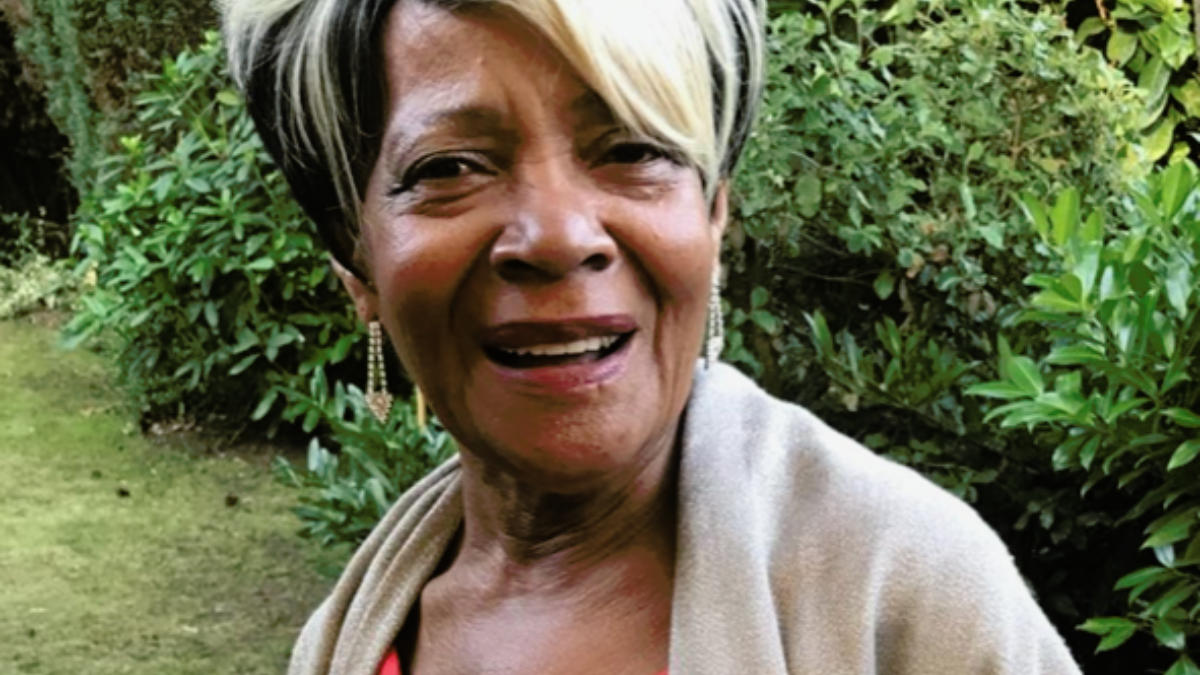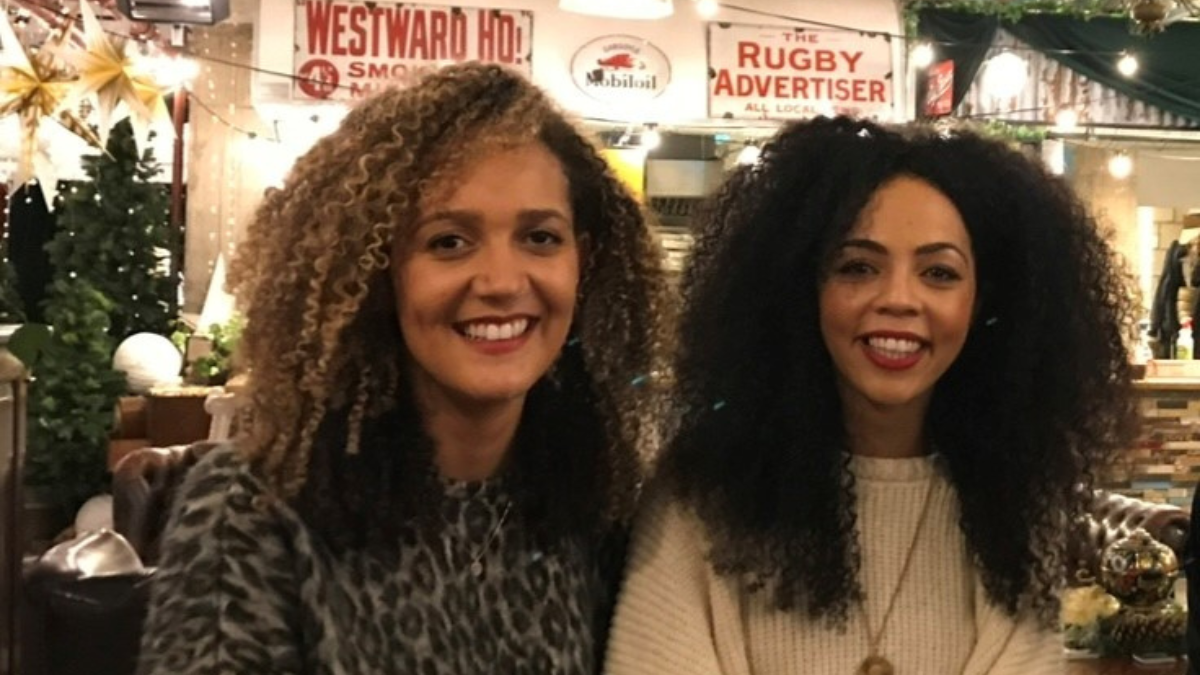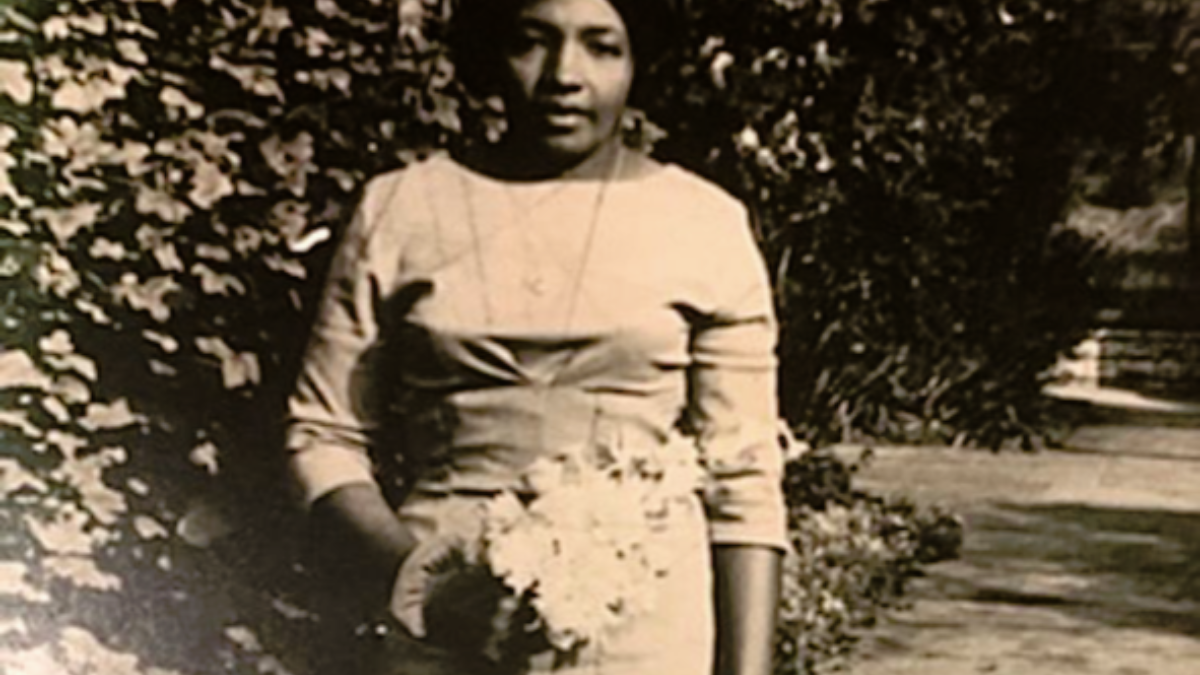A blog by Nicola Gilzeane, Engagement Manager at the HRA, to mark Black History Month (BHM), on the incredible achievements of the black women in her family. The theme for this year's Black History Month is 'Saluting our Sisters'.

Nicola Gilzeane, Engagement Manager at the HRA
This year's BHM theme, 'Saluting our Sisters,' resonates deeply with me, firstly taking the theme quite literally, as I have five sisters (and one pretty awesome brother; a story for another day) but mainly because I'm passionate about championing the achievements of black women and love to talk about the incredible black women in my family.
My grandma
My grandma Gilzeane is the head of our family. She was a member of the Windrush generation, and in 1958 at the age of just 17 and alone, she embarked on the journey from Kingston, Jamaica, to the UK. Her story is a testament to unwavering determination and resilience. She worked tirelessly raising my father and his brothers largely by herself after the early loss of my grandfather, Clifton. grandma Gilzeane has been the heart of our family, guiding her ten grandchildren and nine great-grandchildren. She upholds the legacy of the Windrush generation having immaculate style when they arrived here, often putting us to shame, even at 86, she remains one of the best-dressed people you'll ever meet.
Visiting grandma's house is an experience! It's a place of warmth, laughter, loud reggae music, and the smell of Caribbean home cooking. Her curry goat and rice and peas are the stuff of legend. Beyond her culinary talents, her quick wit, infectious laugh, and her composed approach to guiding our family, while instilling in me a deep connection to my Jamaican heritage, have been priceless gifts. Growing up as a mixed black girl in the UK, she offered me a sense of pride, identity and belonging.

My younger sister Ramara
Within my family, two remarkable women, my youngest sister Ramara and my late aunt Lyn, have made significant contributions to the fields of health and social care.
From a young age, it was evident that Ramara possessed a kind heart and a brilliant mind. Her potential shone when she was awarded an HSBC academic scholarship, enabling her to attend private school. She excelled and went on to study medicine at the University of Manchester, successfully completing her course in 2016. Despite the additional challenges she faced as a mixed black woman in this field, for example feeling she had to straighten her natural hair during her practical final exams through fear of potential bias. During her practical final exams, Ramara worked as a newly qualified doctor in Manchester until 2019 and then returned to Nottingham as she decided to become a GP. From 2019 to 2020, she worked on rotations in various specialties as she prepared to finally begin her GP training. Just as she was on the cusp of completing her most gruelling rotation, a stint in an emergency department and days away from GP training, the COVID-19 pandemic struck and she was redeployed back to the frontlines of emergency care to treat the first wave of COVID patients.
Ramara made the selfless decision to live alone during most of the pandemic and remained cautious even as restrictions eased, all to minimise the risk of spreading the virus. Her dedication and selflessness on the frontline and answering countless COVID-19 questions in our family group chat, stand as a testament to her character. I can only imagine how scary and isolating those times were for her, but she faced them with resilience, purpose and positivity. Now a qualified GP, you’ll find her the weekends embracing the joys of life as she roller skates around Nottingham, she can even go backwards! Not sure how many GPs can do that.

My aunt Lyn
My late aunty Lyn, a member of the Windrush generation, was a woman of remarkable talents. She and her husband, the cricketer Carlton Forbes, established one of the first West Indian dance clubs in the UK during the 1970s, the New Calypso Club in Nottingham. Beyond her role as a club owner, she was a skilled seamstress and even designed for Marks and Spencer for a time. However, in the late 1970s, she shifted her focus towards social care and community issues and she became a social worker. She was a trailblazer in addressing issues faced by the black community. Her dedication to improving the quality of life for African Caribbean people in Nottingham led to her being part of establishing the Afro-Caribbean National Artistic (ACNA) Centre. Created in the 1970s, in response to black people often being denied access to community spaces, ACNA aimed to provide a space for African Caribbean people to come together as a community, address welfare rights, and offer a variety of community activities.
Aunty Lyn was also involved in TunTum housing, a housing association established by community activists in Nottingham's black community. The organisation's goal was to provide quality housing and job opportunities primarily for the black community. In honour of her tireless efforts, a sheltered housing complex was named after her, a source of immense pride for our family every time we pass by and see her name emblazoned on the building.
This Black History Month, I proudly celebrate my little sis, my late aunty Lyn and my grandma Gilzeane.
